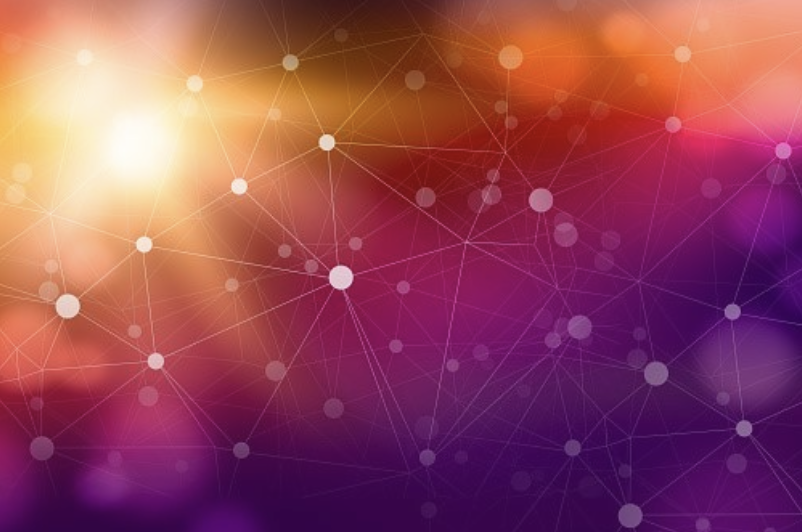We’re coming out of summer and moving into fall, a time often associated with transition, grief, and evolution. As we begin to think about hibernation season, we find ourselves asking about our own sense of connection and disconnection. These are topics we discuss with clients every day, but also navigate them ourselves in our day to day lives. We spent some time together reflecting on how it’s been showing up for each of us.
Leah: How do you hold connection and disconnection for yourself right now?
Erynn: I feel most connected when I’m living a life that feels most aligned with my values and my authentic self.
Leah: What does that look like?
Erynn: It’s when I’m able to move through the world in a way that’s unapologetically me. These moments in which I can find space to allow my full experience, whether that’s hard or challenging, or pleasurable and joyful. I notice the ways in which I feel more connected to self based on different environments. That can be anything from being in nature, to being in comfy clothes. Often when I experience disconnection is when I realize that larger systems have come into my space and I begin to doubt myself. You know, am I doing it right, am I good enough, am I showing up in the world in a way that’s acceptable to others? When I question that, I notice I begin to pull away from my body and that’s a cue I’m disconnecting.
Erynn: What is connection and disconnection like for you?
Leah: I think it’s really visceral, which took me a while to understand. For a long time I disregarded the cues I would get. I have to be slowed down enough to track it because I experience things pretty intensely, but my sense of connection and disconnection shows up in sensation constantly, even when my thoughts or emotions are unclear. I know that I’m connected to myself when I can watch my process happen, when I can watch the sequence play out like I would with someone else, and I go oh that happened, then what happened after that?, and I can see it unfold. And when I’m disconnected, it’s too fast and chaotic and I can’t find myself.
Erynn: When do you feel most connected?
Leah: I feel the most connected, this is really therapy nerdy of me, but I feel the most connected when I’m in a here-and-now process. When I’m in a relationship and I feel a complete freedom to track the back and forth together, kind of like what I described I’m doing within myself but with another person. Like, you said X and I felt Y, why is that? It’s when I’m in a relationship and experiencing the connection to that other person on multiple levels. I’m seeing my connection to myself, I’m watching that person feel connected to themself, and we’re connected to each other all at once. I almost see it as a ripple, a really saturating connection.
Erynn: I love this word freedom. It feels liberating to me. And that’s the thing I was talking about, existing unapologetically.
It’s not uncommon for clients to feel disconnected from the personal experiences of their therapists, and for therapists to feel like they need to shield their clients from the more intimate parts of themselves. Our hope is to attempt to balance the personal and professional. It’s our belief that this shared humanity and sense of community is a route to healing and communal care.
With love and connection,
Erynn and Leah
Erynn Besser (she/they) is a Licensed Clinical Professional Counselor and Certified Sex Therapist. They are a white, non-binary, queer therapist who loves working with the queer, kinky, and poly communities. Erynn enjoys listening to live music and spending time with their rescued pet pigeon.
Leah Goldgar (she/they) is a Licensed Clinical Professional Counselor and National Certified Counselor. They are a white, neurodivergent, fat, queer therapist who works with individuals to understand their own relationships to themselves and others. Leah enjoys making art and spending time at the lake.

